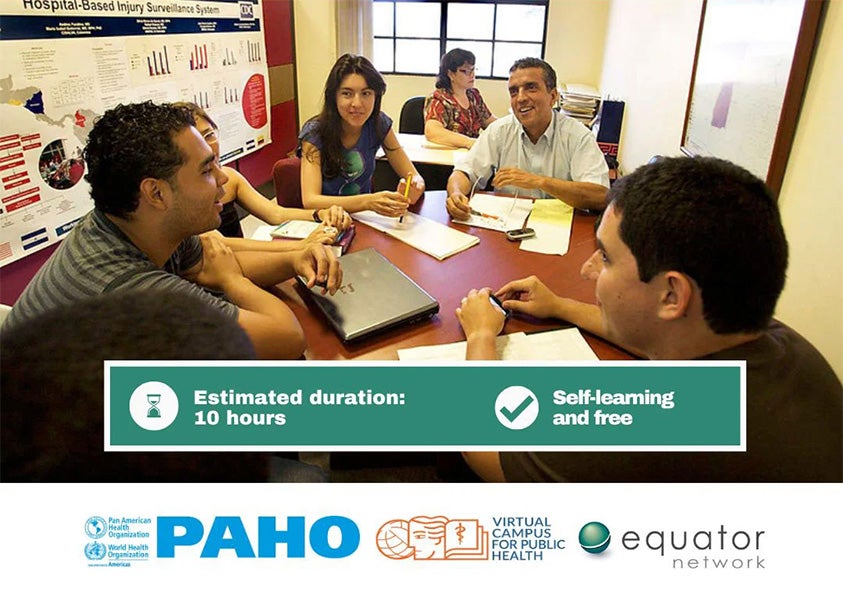Research is indispensable for resolving public health challenges – whether it be tackling diseases of poverty, responding to rise of chronic diseases, or ensuring that mothers have access to safe delivery practices.
Likewise, shared vulnerability to global threats, such as severe acute respiratory syndrome, Ebola virus disease, Zika virus and avian influenza has mobilized global research efforts in support of enhancing capacity for preparedness and response. Research is strengthening surveillance, rapid diagnostics and development of vaccines and medicines.
Public-private partnerships and other innovative mechanisms for research are concentrating on neglected diseases in order to stimulate the development of vaccines, drugs and diagnostics where market forces alone are insufficient.
Research for health spans 5 generic areas of activity:
- measuring the magnitude and distribution of the health problem;
- understanding the diverse causes or the determinants of the problem, whether they are due to biological, behavioral, social or environmental factors;
- developing solutions or interventions that will help to prevent or mitigate the problem;
- implementing or delivering solutions through policies and programs; and
- evaluating the impact of these solutions on the level and distribution of the problem.
Promotes the generation and use of health policy and systems research as a means to improve the health systems and moving towards Universal health.
Provides information on research for health, serving policy-makers, health-care providers, the general public and anyone interested in using research to advance public health, equity and development.
Focuses on the strengthening of research for health through the dissemination and translation of knowledge, and the promotion of research governance and standards within research practices.



















